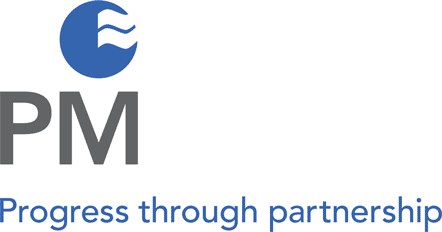As a student in Aberdeen, I lived close to the site of the city’s medieval leper hospital. You’ll find it near the end of Gallowgate, just a short step from the site of the gallows themselves. This was not coincidental; the city fathers hit on the idea of hanging any lepers who were found to have left the hospital grounds, so it was convenient to have the gallows nearby. (Edinburgh went a step further and had a gallows built projecting from the gable of their leper house, just to remind the inmates.)
As a public health measure, preventing the spread of contagion by killing people who contract it may be effective – the hospital was empty and in ruins by 1661 – but it has some obvious drawbacks. Even in medieval Scotland, hanging people for being ill was seen as lacking compassion, and some observers noted that the likeliest reason for having leprosy was that you had been on a Crusade, which might discourage people from signing up for similar adventures in the future. All in all, breaking off all contact, while superficially attractive, really was not an option.
There is a loose parallel with the knee jerk reaction of some to the press disclosures of links between the pharmaceutical industry and NHS advisers. Breaking off all contact is unnecessary and highly undesirable. NHS England has committed itself to a programme of joint working which will grind to a halt if the constituent NHS bodies segregate themselves.
Our commitment to transparency and good governance is, we hope, well known. To be frank, we were disappointed that good people who were named in the press simply because they had made proper disclosures were not defended more effectively. So much so, that we will back up our Charter with this additional pledge.
If you work with us and make proper disclosures of your involvement we will stand ready to speak up for you.
The press stories were not investigative journalism. There would have been no story if those people had not made full disclosures. But there is an additional dimension.
The stories related to advisory boards. Pharmacy Management has run such boards in the past, but they are rarely needed now. Why? Because the purpose of an advisory board is that a company can clue itself up on a question to which it does not know the answer – and the aim of Pharmacy Management is to ensure that they know the answer before they know they had a question. We seek to provide opportunities for both sides to keep themselves informed through our events. It’s a much better way.
The Telegraph stories also implied that advisory boards were promotional. If there is any promotional activity they are not advisory boards. We keep promotional activity at our events to designated areas and there is absolutely none at any advisory board or focus group that we run.
Our continued success depends on doing things the right way. As Shakespeare says:
The purest treasure mortal times afford is spotless reputation.
We agree – both ours, and yours.
